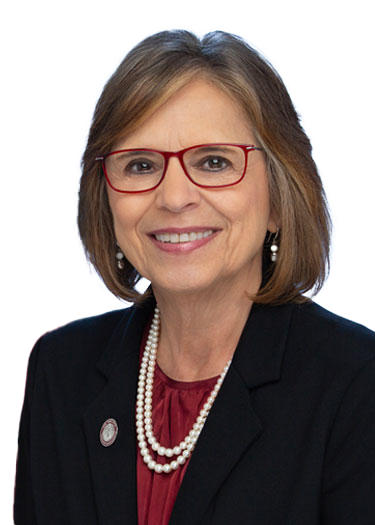Public Authorities Reform Bill Will Bring Oversight and Accountability to State Government
Assemblywoman Donna Lupardo (D-Endwell) announced the Assembly passed legislation she cosponsored to enact sweeping public authorities reform, stepping up accountability and shedding new light on the more than 700 public authorities operating with startling autonomy throughout New York (A.40012). Public authorities are quasi-governmental agencies created for a public purpose that operate largely without government oversight and with limited public scrutiny.
“For years we’ve been acutely aware that the state’s public authorities are in need of serious reform. This summer, I cosponsored legislation to streamline public authority operations and increase oversight,” Lupardo said. “Too often, public authorities have lost their focus – burning through money and straying more and more from their mission statements. The Assembly has been a leader in recognizing the need for these reforms.”
A two-year investigation into the mismanagement of New York’s public authorities resulted in the Public Authority Accountability Act of 2005, Lupardo said. This legislation was an important first step toward improving public authority operations and oversight, but additional measures are needed to get and keep these agencies on track and functioning as they were intended.
Recognizing the need for comprehensive reform of New York’s public authorities, the legislation delivers critical reform by:
- strengthening the Authority Budget Office by adding additional powers and responsibilities;
- adding to and strengthening provisions governing public authorities’ boards of directors, encouraging accountability and reform;
- providing the comptroller the power to pre-approve public authority contracts over $1 million that are not competitively bid;
- strengthening rules and closing loopholes regarding the sale of property by public authorities below fair market value;
- creating strict new rules to control public authority debt;
- ensuring that public authorities, including some subsidiaries, are subject to legislative and executive approval;
- requiring that state authorities maintain a record of lobbying contacts made in an attempt to influence any rule, regulation or ratemaking procedure of such authority;
- providing whistle-blower protections for employees of public authorities;
- requiring confirmation of the CEO/Executive Director of the Dormitory Authority, Thruway Authority, Power Authority, and Long Island Power Authority; and
- strengthening labor agreements for the development of hotels and convention centers in which a public authority has a proprietary interest.
“This legislation has tremendous support from the public and provides the reforms that New York’s public authorities need,” Lupardo said. “Especially in difficult economic times, the people of New York deserve to know where and how their money is being spent.”
